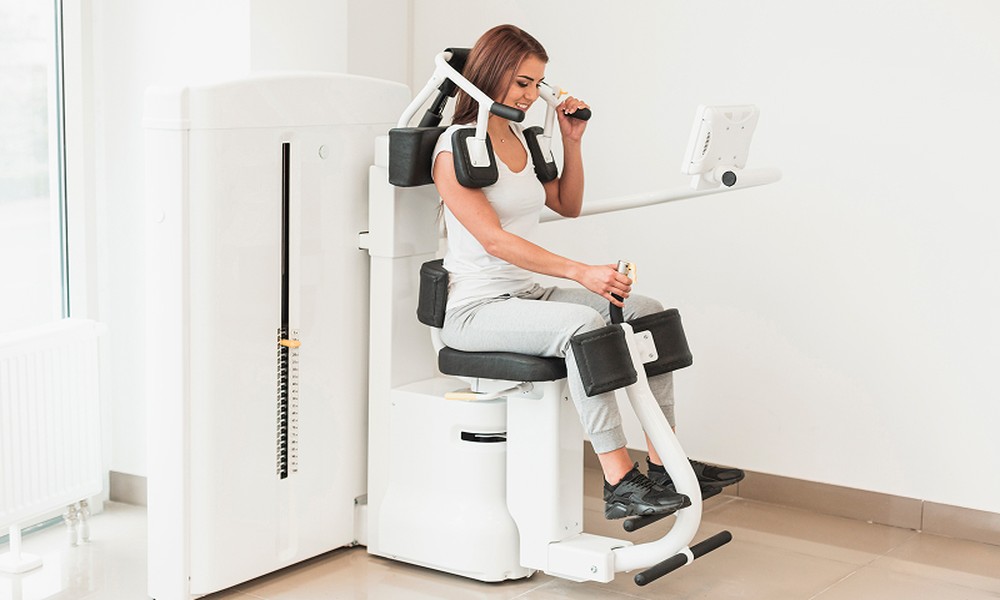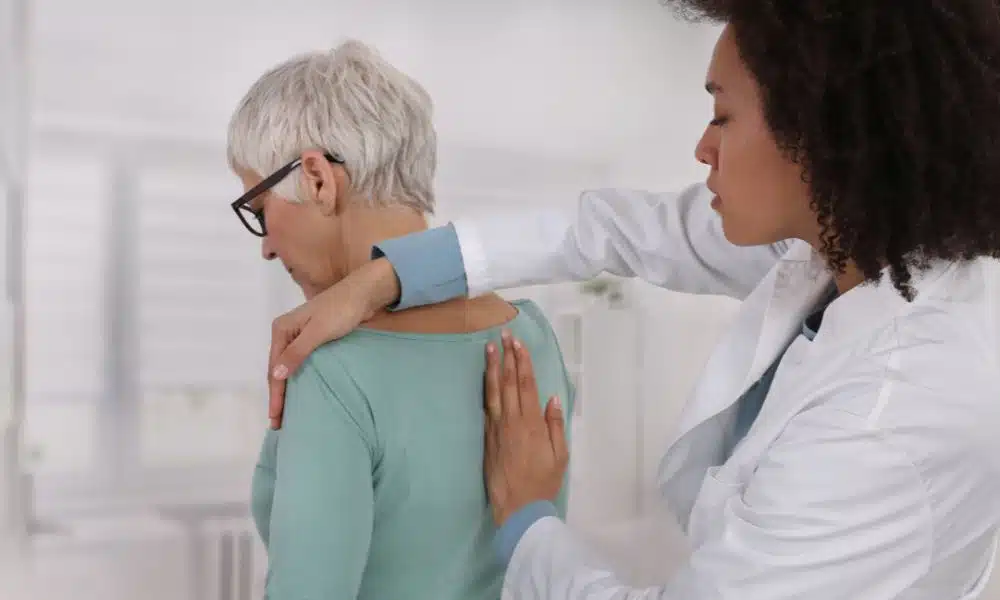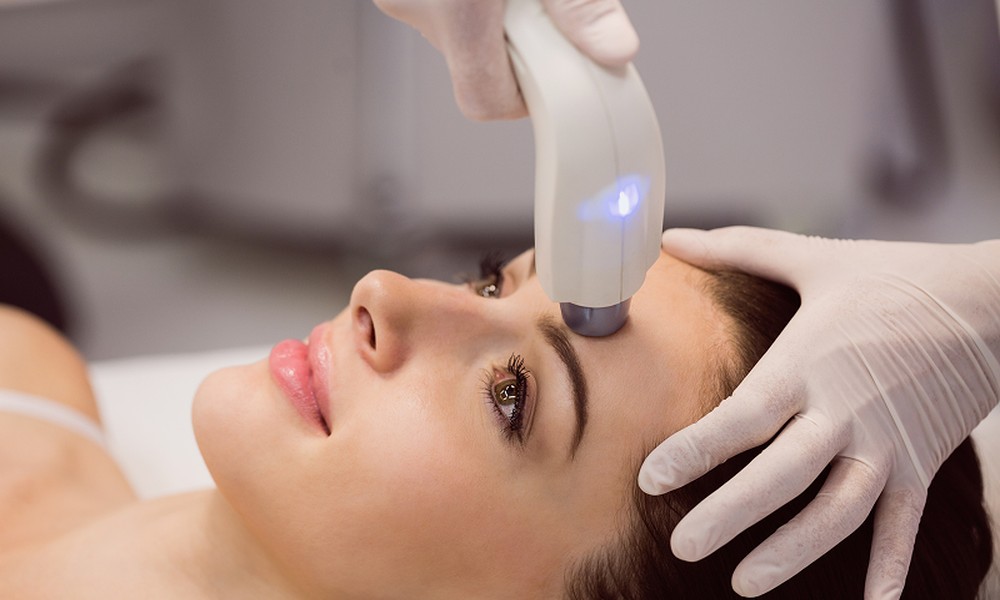How Medical Clinics Are Helping To Combat Childhood Obesity

Childhood obesity is a growing concern. Medical clinics play a vital role in addressing this issue. By offering tailored programs, clinics help children adopt healthier habits. One example is the New England low-t center, which focuses on nutritional guidance and physical activity. These clinics strive to create supportive environments for children and families. Together, they work towards a healthier future for all children.
The Role of Medical Clinics
Medical clinics have a unique position in the fight against childhood obesity. They provide access to healthcare professionals who understand the complexities of obesity. Clinics offer a range of services that target the root causes of this issue. Here are three key ways clinics contribute:
- Develop personalized health plans
- Provide nutritional counseling
- Encourage physical activity
Each child is different, and clinics tailor their approach to meet individual needs. This personalized care helps children and their families make sustainable lifestyle changes.
Personalized Health Plans
Clinics create health plans that consider each child’s unique situation. These plans focus on achievable goals. A healthcare professional works with the child to set realistic targets. These plans often include:
- Balanced diet suggestions
- Exercise routines
- Regular follow-ups
This structured approach ensures that children receive consistent support and guidance. By breaking down larger goals into smaller steps, clinics help children build confidence and achieve success.
Nutritional Counseling
Nutrition plays a critical role in managing weight. Clinics provide access to dietitians who offer expert advice on healthy eating. They teach children and families how to make better food choices every day. According to the Centers for Disease Control and Prevention, understanding proper nutrition is key to preventing obesity.
Nutritional counseling focuses on:
- Understanding food labels
- Making balanced meals
- Recognizing portion sizes
These counseling sessions empower children to take charge of their eating habits, paving the way for healthier lives.
Encouraging Physical Activity
Physical activity is another crucial element in combating obesity. Clinics emphasize the importance of regular exercise. They provide resources and suggestions for activities that fit a child’s interests and abilities. By making exercise enjoyable, children are more likely to stick with it.
Some popular activities include:
- Swimming
- Team sports
- Dance classes
These activities not only help manage weight but also contribute to overall well-being and social skills.

Impact of Clinic Programs: A Closer Look
Medical clinics contribute significantly to reducing childhood obesity rates. The table below highlights some key outcomes from clinic-based programs:
| Program Aspect | Outcome |
|---|---|
| Regular Health Screenings | Early detection of obesity-related health issues |
| Tailored Exercise Plans | Improved physical fitness |
| Nutritional Education | Increased awareness of healthy eating habits |
These outcomes underline the effectiveness of clinics in guiding children toward healthier lifestyles.
Challenges and Future Directions
While clinics make significant strides, challenges remain. Access to healthcare varies, and some families may struggle to find the support they need. According to the Office of Disease Prevention and Health Promotion, expanding access to these vital resources remains a priority.
Clinics continue to innovate and adapt to meet these needs. Expanding community outreach and increasing partnerships with schools can enhance their reach. By addressing these challenges, clinics can further contribute to the fight against childhood obesity.
In conclusion, medical clinics play an essential role in combating childhood obesity. Their comprehensive programs offer hope and support to children and families seeking healthier lives. Through personalized care, nutritional guidance, and physical activity, clinics are making a difference one child at a time.








